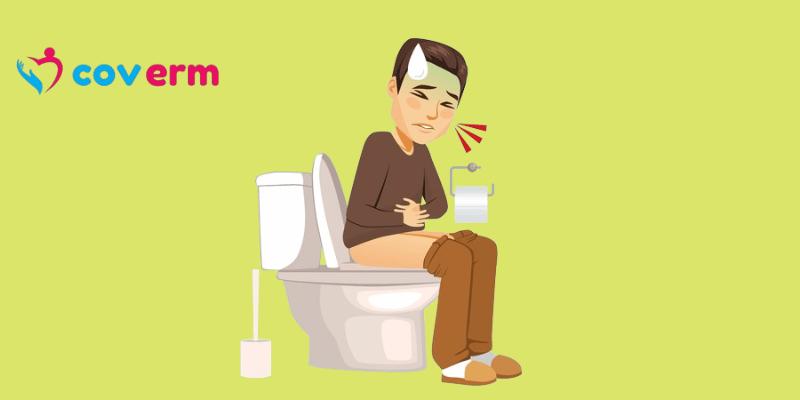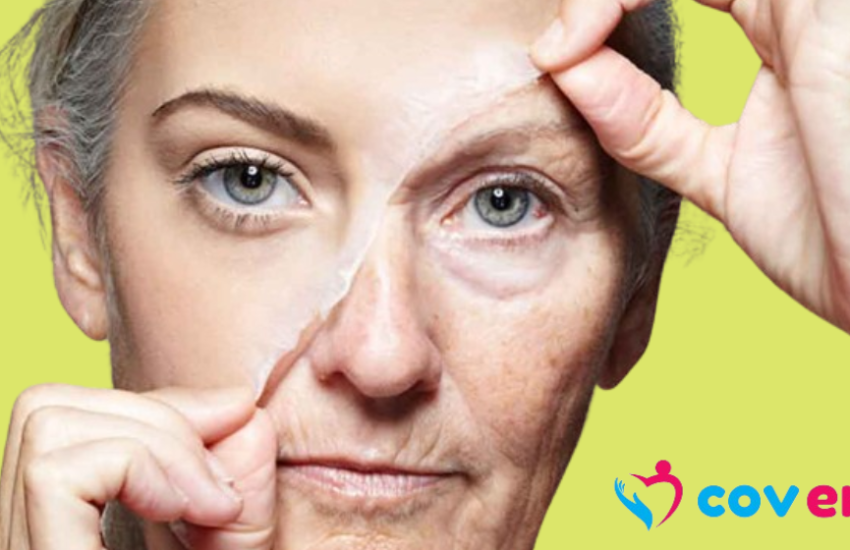If Your Body Suddenly Jerks While Falling Asleep (Hypnic Jerk), This Is What It Means..
A hypnic jerk, also called a sleep onset, is a sudden, involuntary muscle movement that occurs during sleep. It often feels like a jolt or a falling sensation and can temporarily wake you up. The phenomenon is common and usually harmless, but it may make you wonder why it happens.
What is a hypnic jerk?
A hypnic jerk occurs during the first stage of sleep, when your body transitions from wakefulness to rest. As your muscles relax, your body may jerk unexpectedly, and this jerk may be accompanied by a falling sensation, a loud popping sound, or a flash of light in your mind.
Possible causes of a hypnic jerk
Although the exact cause isn’t fully understood, there are several theories and contributing factors:
Muscle relaxation reflex
When your muscles relax too quickly as you transition to sleep, your brain may mistake this for a falling sensation. To protect you, it sends a signal to “catch yourself,” causing a sudden muscle spasm.
Nervous System Activity
As your brain activity slows down, some of the signals sent to your muscles may fire irregularly, causing sudden spasms.
Stress and Anxiety
Emotional stress or an overactive mind can increase the frequency or severity of sleep twitches. Stress prevents your body from relaxing smoothly, making spasms more likely to occur.
Fatigue or Sleep Deprivation
When your body is extremely tired, the transition to sleep becomes irregular, making spasms more common.
Exercise Before Bed
Intense physical activity close to bedtime can keep your muscles active, making it harder for your body to fully relax.
Evolutionary Origins
Some researchers suggest that sleep twitches may be an ancient reflex designed to protect humans from falling from trees or unsafe resting places while sleeping.
Are Sleep Twitches Dangerous?
For most people, sleep twitches are completely normal and nothing to worry about. However, if they occur frequently or regularly disrupt your sleep, they may indicate an underlying problem such as:
Chronic stress or anxiety
Sleep disorders, such as restless legs syndrome
Neurological conditions, in rare cases
If tremors are causing distress, it’s a good idea to consult a health care provider.
How to reduce sleep tremors
Here are some simple ways to reduce the likelihood of experiencing sleep tremors:
Stick to a regular sleep schedule
Go to bed and wake up at consistent times to help your body develop a normal sleep rhythm.
Relax before bed
Do calming activities such as reading, light stretching, or meditation to signal to your body that it’s time to wind down.
Limit exercise in the evening
Participate in vigorous physical activity earlier in the day, not close to bedtime.
Manage stress
Practice relaxation techniques, such as deep breathing or mindfulness, to reduce stress levels and improve your sleep quality.
Create a comfortable sleep environment
Avoid using electronic devices right before bed, as blue light can interfere with your body’s natural sleep cycle.
When to seek medical help
Although sleep cramps are usually harmless, you should consider seeing a doctor if:
They occur frequently and severely disrupt your sleep.
They are accompanied by other symptoms, such as difficulty breathing or persistent daytime tiredness.
You suspect a sleep disorder or experience unusual sensations in your limbs at night.
Conclusion
Sleep cramps are a common and normal part of the transition to sleep. They can be stressful, but in most cases they are harmless. Simple lifestyle changes, such as managing stress and creating a bedtime routine, can help reduce their frequency. If sleep cramps start to interfere with your sleep or general health, seeking medical advice can help address any underlying issues and improve the quality of your sleep.



